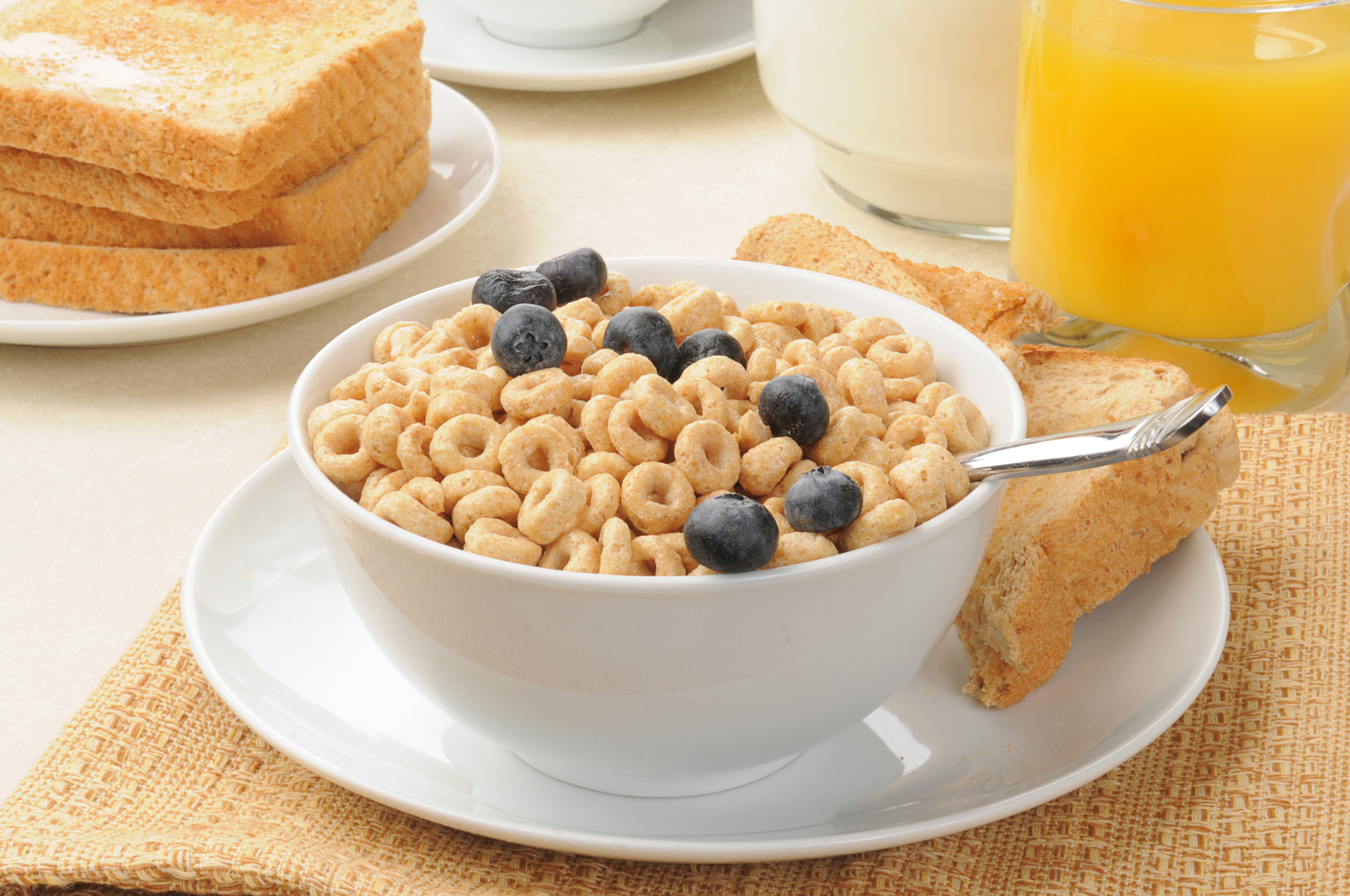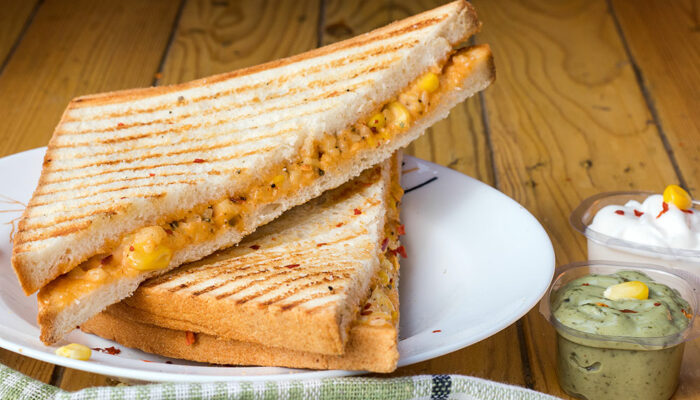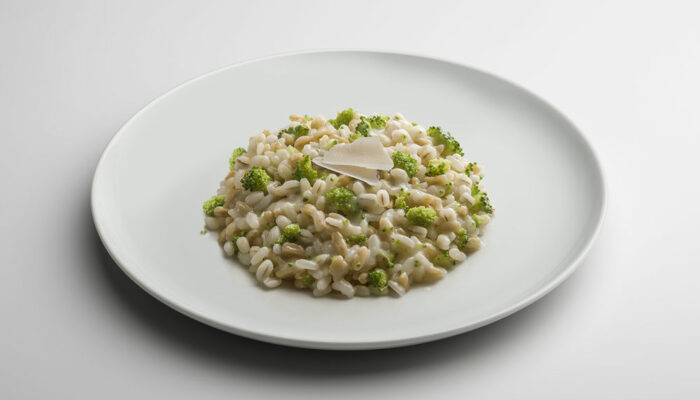
5 Diabetes Breakfast Mistakes to Avoid
Type 2 diabetes occurs when the body’s ability to properly regulate and use glucose as a fuel has deteriorated. Type 2 diabetes causes excess sugar to circulate in the body’s bloodstream. Once the body is experiencing high amounts of sugar in the bloodstream, it can further cause disorder or damage to the immune, nervous and circulatory systems.
Individuals living with this condition may experience fatigue, slow-healing sores, blurred vision, increased thirst, frequent urination and weight loss. Other symptoms that persons with type 2 diabetes may experience are recurring infection, frequent hunger, fatigue, slow-healing sores, feelings of tingling and numbness in the feet, and darkened skin in some areas. While type 2 diabetes is a severe condition, for most patients, lifestyle changes including daily exercise and proper diet can help manage the disease. Breakfast, the most important meal of the day, is when many diabetic individuals tend to make mistakes in their food selection. For effective management of type 2 diabetes, individuals must avoid these foods:
1. Eating fruit on the bottom yogurt
Yogurt and fruit are considered healthy and traditional breakfast items. However, diabetic individuals should avoid eating fruit on the bottom yogurt because of its high sugar content. This breakfast item may be flavored or sweetened naturally or artificially. However, diabetics should still avoid these foods to prevent worsening of type 2 diabetes because most individuals tend to have higher blood sugars in the morning.
2. Baked goods
While a good energy source is carbohydrates, consuming them in excess can be dangerous for diabetics, especially in the mornings. Processed white flour is used to make the majority of these goods, and these items also contain high amounts of sodium and fat. To monitor and maintain safe amounts of blood sugar, individuals should avoid having baked goods for breakfast that are high in carbohydrates.
3. Sugary cereals
Another item that is high in sugar, calories, and carbohydrates is sugary or very sweet cereals. These items go through high processing and provide little or no nutrients, minerals, or protein. Having these cereals for breakfast should be avoided so that diabetics can prevent detrimental fluctuations in their blood sugar.
4. Sweetened juices
Fruit juice has always been a traditional part of a breakfast. This item has always been seen as one of the healthiest beverages to go with any meal of the day. However, fruit juices are also sweetened things, and the majority of these juices have similar sugar content to sodas. These juices are also high in carbohydrates, which is detrimental to the balance of a diabetic individual’s sugar amounts. It is important to note that fruit juice or sweetened juices contain fructose. Fructose is a natural type of sugar found in fruits. While the fructose in fruits’ original state may not have a tremendous negative effect on diabetic individuals, once the fruit is blended and the juice is extracted, this causes concentration and further causes more sugar to enter the bloodstream.
5. Not eating breakfast
Breakfast is the most important meal of the day for everyone especially type 2 diabetics. A diabetic who skips breakfast will have more difficulty keeping their blood sugar levels under control during the rest of the day. A diabetic individual will experience this difficulty because once an individual skips a meal, the body releases the sugar stored in the bloodstream. High amounts in blood sugar are also associated with the decline in insulin created by the pancreas. Insulin is responsible for helping the body to effectively use carbohydrates found in meals as fuel.
Living with type 2 diabetes is difficult, especially since there is no cure available on the market. However, many individuals have changed their lifestyle by maintaining a proper diet, exercising, and losing weight, and these changes can make it much easier to manage type 2 diabetes. However, many individuals have more severe type 2 diabetes cases, and lifestyle changes may not be enough. Therefore they will need to take medication and insulin regularly.



